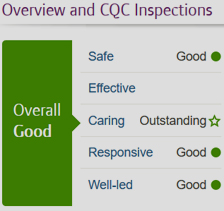
Musculo-Skeletal Ultrasound Scan
Musculo-skeletal ultrasound is a useful way of examining the muscles, tendons, ligaments, soft tissue, lumps, bumps and joints of the body to detect problems. It is a real time examination so it can show anatomy, movement and function to enable the Ultrasonographer to diagnose a variety of conditions and assess damage after an injury or illness.
Why have a musculo-skeletal scan?
Pain in a joint such as the shoulder for example is a common reason for having a musculo-skeletal ultrasound scan and it may help your doctor, physiotherapist, osteopath or chiropractor treat the cause. It is also very useful in the diagnosis and assessment of sports injuries such as tears in the muscles or tendons.
Musculo-skeletal ultrasound is a painless procedure and does not require any preparation, however you may be asked to move into different positions to assess individual muscles and tendons.
How do I get the results?
After the examination the Ultrasonographer will explain the findings to you however as we do not always have your full medical history or all your previous test results to help us make an accurate diagnosis, so we may not be able to comment on everything we see on the scan at the time of your appointment. Once we have all the information we need we will send you a report in the post and we would normally send one to your doctor.
Limitations of ultrasound
Ultrasound does have its limitations which might mean we get limited views of the area of interest. These usually occur if: You have a high BMI, if you have a lot of gas in your abdomen, or if you have not followed the preparation you would have been given when booking the appointment. For any of the above we may need you to come back for a follow up scan and if this is the case KMI usually carries it out ‘free’ of charge.
Ultrasound can only diagnose abnormalities if they are present at the time of the scan. Abnormalities can develop at any time and whilst the Ultrasonographers at KMI will be looking for signs of early changes in your organs they cannot predict the future. If you have any concerns about this then please discuss them in the room with the Ultrasonographer prior to starting your scan.


